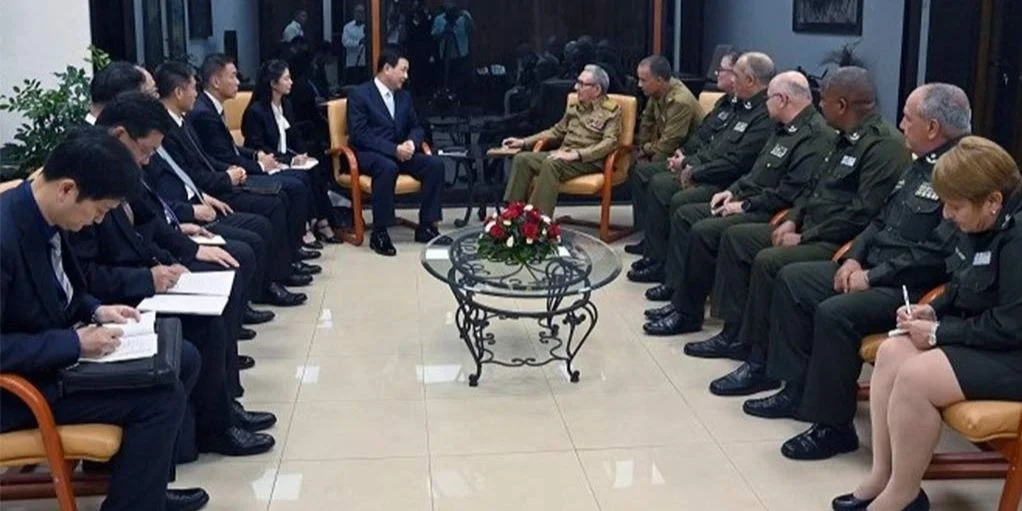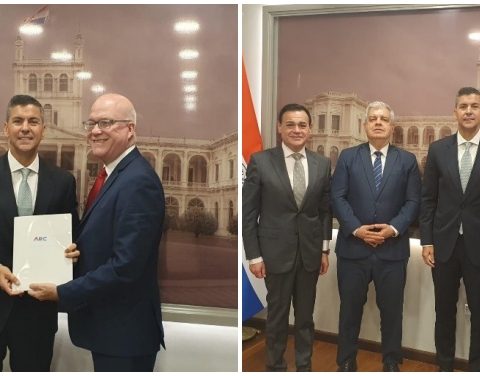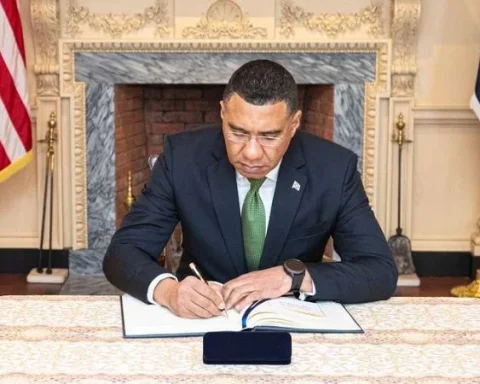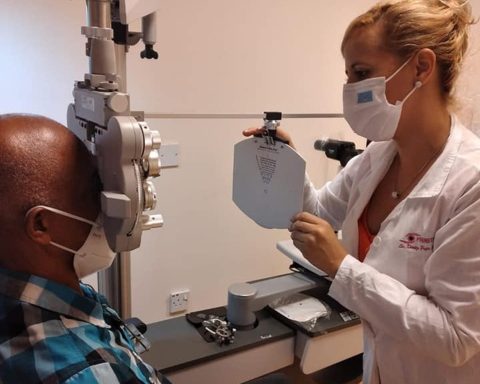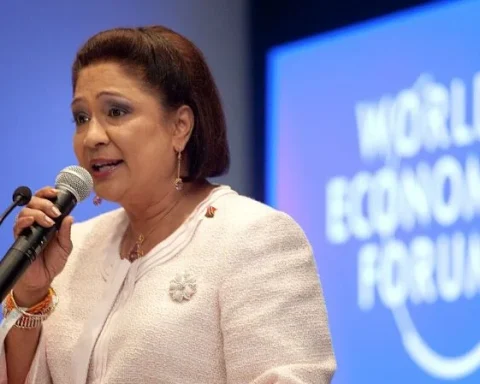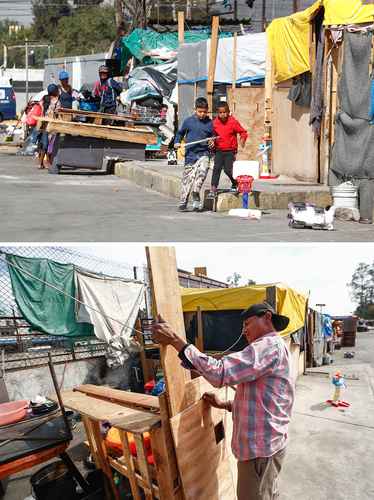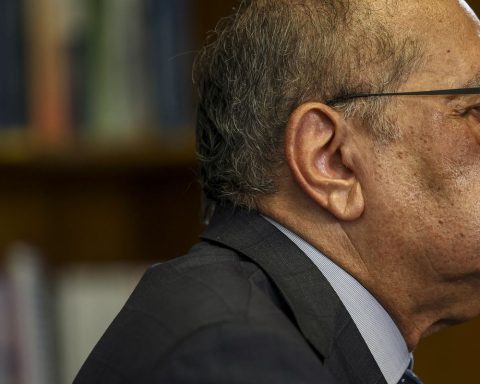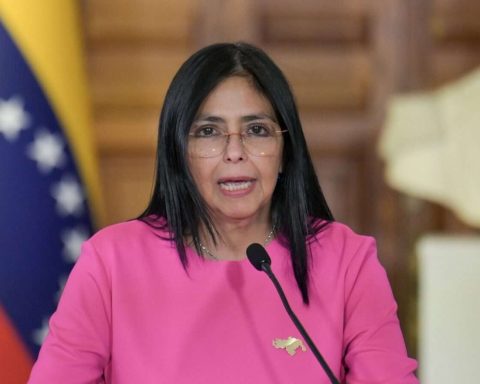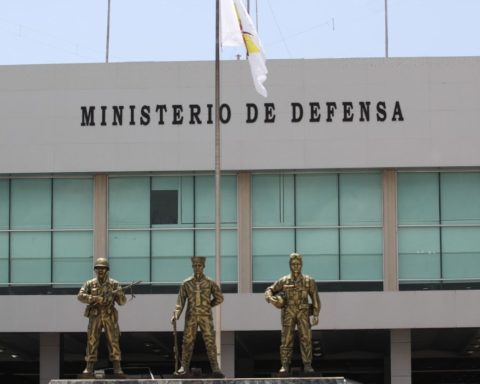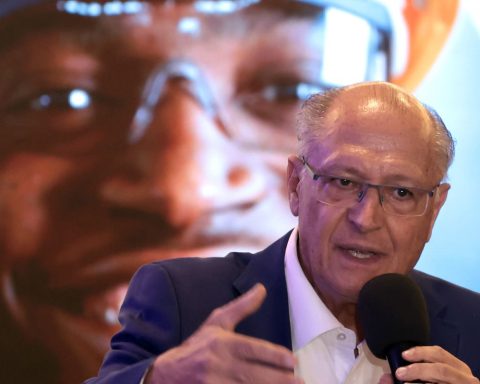MIAMI, United States – Chinese Minister of Public Security Wang Xiaohong made an official visit to Havana, where he was received by Raúl Castro and met with Cuban leader Miguel Díaz-Canel.
During the meeting, Castro thanked Wang for the “timely assistance” China has provided to Cuba amid the deep crisis the island is facing.
Díaz-Canel, for his part, expressed his “special gratitude” for the systematic and stable cooperation between the public security ministries of both nations. “In addressing issues of mutual interest and tackling common challenges, including the need to strengthen cybersecurity,” the Cuban leader stated, according to official media reports.
Díaz-Canel also emphasized that the visit of the high-ranking Chinese official was a “demonstration of support in confronting the policies of cultural colonization, hegemony, and subversion imposed by the (US) empire on our nations.”
For years, China has been the main provider of technological infrastructure for the development of telecommunications in Cuba, with the support of companies such as Huawei, ZTE, and TP-Link. Along with the technology, the Cuban regime has imported tools to exercise control and censorship over emerging communication channels like mobile telephony and the internet.
The Cuban government has occasionally blocked access to digital networks during popular protests, causing internet blackouts on the island, which have been confirmed by international monitoring organizations.
Wang Xiaohong’s visit was preceded in October by that of Li Shulei, a member of the Politburo and head of the Propaganda Department of the Communist Party of China. Amid the collapse of Cuba’s national electrical system and the impact of Hurricane Oscar in the eastern region of the country, Raúl Castro made a rare public appearance to receive the high-ranking Chinese official.
At the time, Cuba’s state-run media reaffirmed the importance of creating a “healthy internet environment” and combating “subversive actions.” It also emphasized the need for a “strategy to confront the Cold War mentality of the United States” as a key element in strengthening bilateral ties.
Despite announcing several joint projects, relations between Cuba and China are thriving more in the political realm than the commercial one. Cuban economist Omar Everleny told Martí News that their economic relationship faces significant obstacles due to Cuba’s dire financial situation.
China has supported Cuba’s “banking reform” project, inspired by Chinese digital payment systems like WeChat and Alipay. However, Everleny noted that Cuba’s lack of liquidity and financial crime have strained its collaboration with China. “This default has affected China’s willingness to provide new loans,” he explained, referring to previous credits for supplies such as Yutong buses and automotive equipment that Havana has been unable to repay on schedule.
Relations between the two countries are not at their peak. “They’re not exactly dating,” Everleny told the Financial Timesadding that “Cuba is going through a severe currency crisis and, at the same time, is unwilling to implement the necessary reforms to recover those funds.”
The growing ties between China and the Cuban regime have raised concerns among US legislators and politicians, especially following media reports about the development of Chinese-linked electronic surveillance stations on Cuban soil. Satellite images released in July by The Wall Street Journal revealed progress in the construction of at least four stations located in Bejucal, Wajay, Calabazar, and El Salao in Santiago de Cuba. However, the island’s regime and the Chinese government have denied the existence of such spy bases in Cuba.
Follow our channel WhatsApp. Receive information from CubaNet on your cell phone through Telegram.
